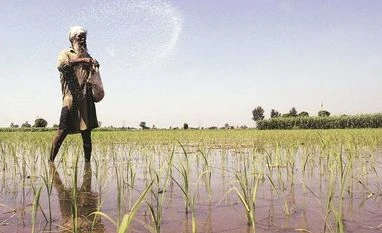The Indian Council of Agriculture Research (ICAR) has introduced technologies for rapid composting of renewable resources within farms, which serve as a potential source of organic fertilisers. Additionally, enriched compost, such as phosphor-nitro or phosphor-sulpho compost, has been created to be used as organic fertilisers in agriculture. Under the All India Network Project on Soil Biodiversity-Bio-fertilisers, ICAR has also developed bio-fertilisers tailored to various crops.
In a written reply in Lok Sabha, Union Minister of Agriculture and Farmers Welfare, Narendra Singh Tomar, shared this information, showcasing the strides India is making in the field of organic and natural farming with the goal of sustainable and environmentally friendly agricultural practices.
The improved and efficient strains of bio-fertilisers, specifically designed for different crops and soil types, were the outcomes of the Network project on 'soil biodiversity-bio-fertilisers'. The development of liquid bio-fertiliser technology with a longer shelf life, bio-fertiliser consortia formulation with multiple bio-fertiliser strains, microbial enriched bio-compost, and zinc & potassium solubilising bio-fertilisers have also played a major role in enhancing the sector's potential.
The implementation of bio-fertilisers has shown the ability to improve crop yields by 10-25 per cent and reduce the reliance on costly chemical fertilisers (N, P) by nearly 20-25 per cent in many cases when used in conjunction with chemical fertilisers.
The ICAR is also actively involved in educating farmers about the utilisation of bio-fertilisers. Moreover, the institute is working on training, organising front-line demonstrations, and awareness programmes to educate farmers on organic and natural farming, production, and use of various organic and bio-fertilisers.
)